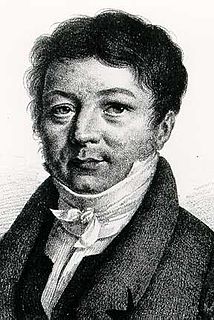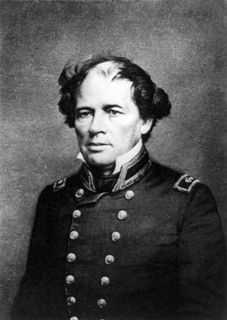A Quote by Leonhard Euler
Although to penetrate into the intimate mysteries of nature and thence to learn the true causes of phenomena is not allowed to us, nevertheless it can happen that a certain fictive hypothesis may suffice for explaining many phenomena.
Related Quotes
In real science a hypothesis can never be proved true...A science which confines itself to correlating phenomena can never learn anything about the reality underlying the phenomena, while a science which goes further than this and introduces hypotheses about reality, can never acquire certain knowledge of a positive kind about reality; in whatever way we proceed, this is forever denied us.
God is one among several hypotheses to account for the phenomena of human destiny, and it is now proving to be an inadequate hypothesis. To a great many people, including myself, this realization is a great relief, both intellectually and morally. It frees us to explore the real phenomena for which the God hypothesis seeks to account, to define them more accurately, and to work for a more satisfying set of concepts.
Our alleged facts might be true in all kinds of ways without contradicting any truth already known. I will dwell now on only one possible line of explanation, - not that I see any way of elucidating all the new phenomena I regard as genuine, but because it seems probable I may shed a light on some of those phenomena. All the phenomena of the universe are presumably in some way continuous; and certain facts, plucked as it were from the very heart of nature, are likely to be of use in our gradual discovery of facts which lie deeper still.
I know that certain minds would regard as audacious the idea of relating the laws which preside over the play of our organs to those laws which govern inanimate bodies; but, although novel, this truth is none the less incontestable. To hold that the phenomena of life are entirely distinct from the general phenomena of nature is to commit a grave error, it is to oppose the continued progress of science.
In experimental philosophy, we are to look upon propositions inferred by general induction from phenomena as accurately or very nearly true, notwithstanding any contrary hypotheses that may be imagined, till such time as other phenomena occur by which they may either be made more accurate or liable to exceptions.
In thermodynamics as well as in other branches of molecular physics , the laws of phenomena have to a certain extent been anticipated, and their investigation facilitated, by the aid of hypotheses as to occult molecular structures and motions with which such phenomena are assumed to be connected. The hypothesis which has answered that purpose in the case of thermodynamics, is called that of "molecular vortices," or otherwise, the "centrifugal theory of elasticity.
Whether we live by the seaside, or by the lakes and rivers, or on the prarie, it concerns us to attend to the nature of fishes, since they are not phenomena confined to certain localities only, but forms and phases of the life in nature universally dispersed. The countless shoals which annually coast the shores of Europe and America are not so interesting to the student of nature as the more fertile law itselffrom which it results that they may be found in water in so many places, in greater or lesser numbers.
I have not been able to discover the cause of those properties of gravity from phenomena, and I frame no hypotheses; for whatever is not deduced from the phenomena is to be called a hypothesis, and hypotheses, whether metaphysical or physical, whether of occult qualities or mechanical, have no place in experimental philosophy.
The nature of the Absolute is neither perceptible nor imperceptible; and with phenomena it is just the same. But to one who has discovered his real nature, how can there be anywhere or anything separate from it?... ...Therefore it is said: 'The perception of a phenomenon IS the perception of the Universal Nature, since phenomena and Mind are one and the same.'




































